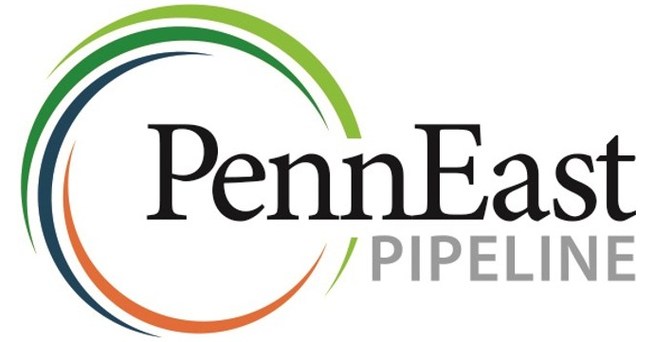The PennEast Pipeline Company is appealing its court case centered around eminent domain to the U.S. Supreme Court.
The company’s decision comes in light of the recent ruling this month by Third Circuit Court of Appeals, denying PennEast’s request to rehear a case concerning the condemning of 42 parcels of New Jersey state-owned land for its pipeline project.
The construction of the 116-mile long natural gas pipeline is a $1 billion project from Pennsylvania into New Jersey.
Hopewell Township Mayor Kristin McLaughlin said the Third Circuit’s decision to not rehear the case was the ruling Hopewell Township officials were hoping for.
“We felt strongly that this was the decision we were hoping for and we were not surprised that they made that decision. We felt that the law would lead them that way, but you never know until you know,” McLaughlin said. “It was anticipated that PennEast might go the U.S. Supreme Court route after this decision. This is great for Hopewell Township right now.”
She said Hopewell Township’s public land is the town’s public land and cannot be taken by a private company for profit.
“We will follow the U.S. Supreme Court case with great interest if the court decides to take this on. I feel the public advocacy against the project helped along the way as the court process proceeded,” McLaughlin said. “If you don’t make noise nothing ever ends up in the courts.”
Company officials said PennEast plans to file with the U.S. Supreme Court by its early February deadline.
“The PennEast partner companies are fully committed to the project and will be seeking review by the U.S. Supreme Court,” said Anthony Cox, chairman of the PennEast Company Board of Managers. “The third circuit’s decision has implications far beyond the PennEast project. No interstate pipeline nationwide of any significant length can be built without crossing land where a state claims an interest. State governments, just like other landowners, should not be allowed to disrupt or veto vital energy infrastructure that expert federal regulators have found to be in the public interest.”
PennEast officials said that the decision by the Third Circuit threatens to disrupt longstanding industry practice in regards to eminent domain authority for a natural gas infrastructure project.
“Demand for natural gas continues to grow, and new infrastructure across the Northeast has not kept up, in part due to politics and regulatory delays,” Cox said. “The result has been forced gas moratoriums that threaten customer reliability, higher energy bills and higher carbon emissions.”
Company officials said that the decision halts natural gas infrastructure development that has lowered energy bills, powered economic development and resulted in the U.S. leading the world in carbon emission reductions.
The pipeline’s construction would occur in the Hopewell area, while the New Jersey leg of the pipeline accounts for about one-third of the total project.
PennEast’s appeal is a filing of a petition asking the U.S. Supreme Court to take the case and review the decision called a ‘writ of certiorari’.
According to the U.S. Supreme Court, the Court receives between 7,000-8,000 petitions for a writ of certiorari each term. The Court grants and hears oral arguments in about 80 cases.

